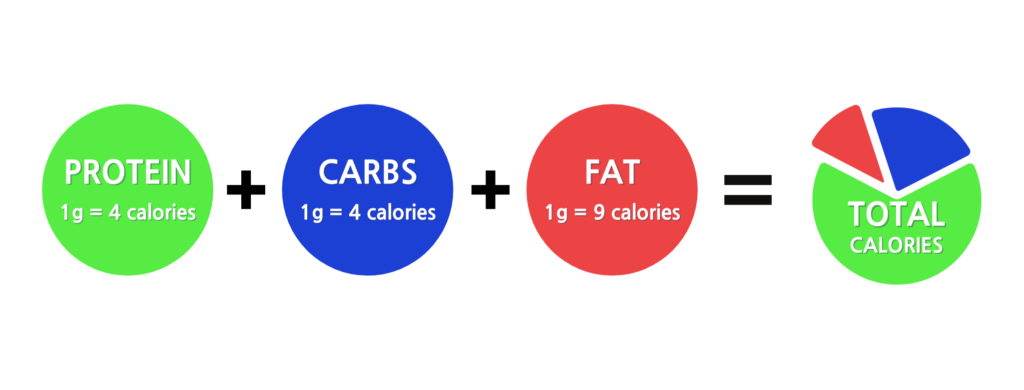Is a No Carb diet worth it?

I’m sure you heard this one before.
“Eliminate carbs and you’ll lose weight FAST”
Is this even true? How effective would this really be and is it sustainable?
First off, what do carbs do for our bodies? As the primary source of energy, carbohydrates fuel essential bodily functions, including brain activity, muscle contractions, and overall metabolism. Carbs are found in foods like fruits, vegetables, and grains, and provide the glucose necessary to sustain daily activities and fuel exercise performance.
Just by reading that definition, you can probably already tell why cutting carbs out completely may not be the best idea.
Although it may seem logical to cut carbs in pursuit of weight loss at first, doing so can have detrimental effects on both physical and mental well-being. Here’s why a no-carb diet isn’t worth the sacrifice:
- Lack of Sustainable Energy: Without carbohydrates to provide glucose, the body is forced to rely on alternative fuel sources, such as protein and fat. While these can sustain energy levels temporarily, they are less efficient than carbohydrates, leading to fatigue, lethargy, and diminished exercise performance over time.
- Nutrient Deficiencies: Many carbohydrate-rich foods are also rich in essential vitamins, minerals, and dietary fiber crucial for overall health. By eliminating these foods, individuals risk nutrient deficiencies that can compromise immune function, digestive health, and long-term well-being.
- Muscle Loss: In the absence of carbohydrates, the body may turn to protein for energy through a process called gluconeogenesis. This can lead to muscle breakdown, impairing muscle growth, recovery, and overall strength.
- Metabolic Imbalance: Carbohydrates play a key role in regulating metabolic processes, including blood sugar levels and insulin sensitivity. By eliminating carbs, individuals may disrupt these delicate balances, increasing the risk of metabolic disorders like diabetes and insulin resistance.
- Mental Health Concerns: Carbohydrates are also essential for serotonin production, a neurotransmitter that regulates mood and promotes feelings of well-being. Restricting carbs can lead to mood swings, irritability, and mental fatigue, undermining overall mental health and cognitive function.
The Balanced Approach:
Rather than adopting extreme dietary restrictions like a no-carb diet, a balanced approach that includes a variety of nutrient-dense foods is key to long-term health and sustainable weight management. Instead of demonizing carbohydrates, focus on incorporating whole grains, fruits, vegetables, and grains into your diet while moderating intake of refined sugars and processed foods.
Don’t fall for the no-carb diet. The consequences far outweigh the benefits. By depriving the body of its primary energy source, individuals risk compromising overall health, and exercise performance. Instead, prioritize a balanced diet that includes carbohydrates in moderation, supporting both physical and mental well-being for the long haul.
You Got This!
Subscribe to our newsletter and be the first to find out about new articles.





